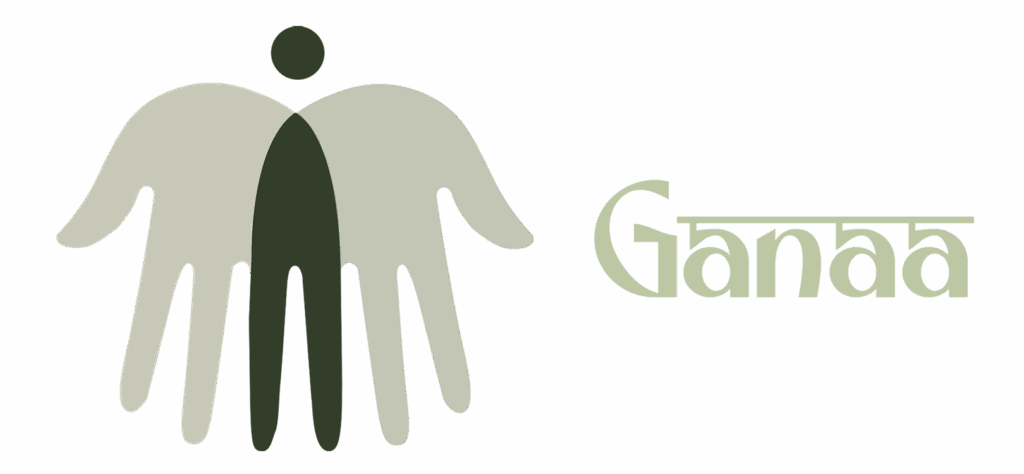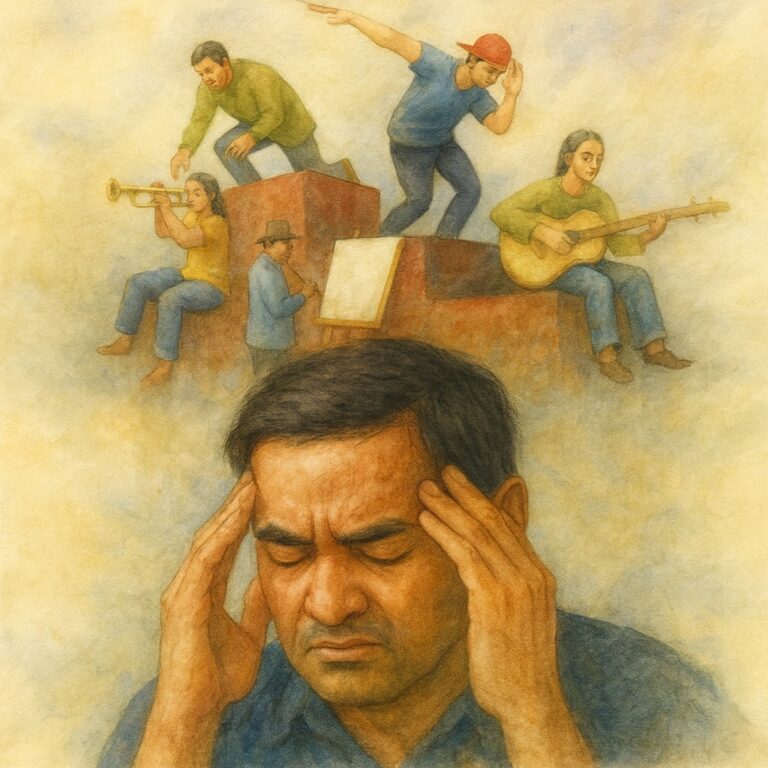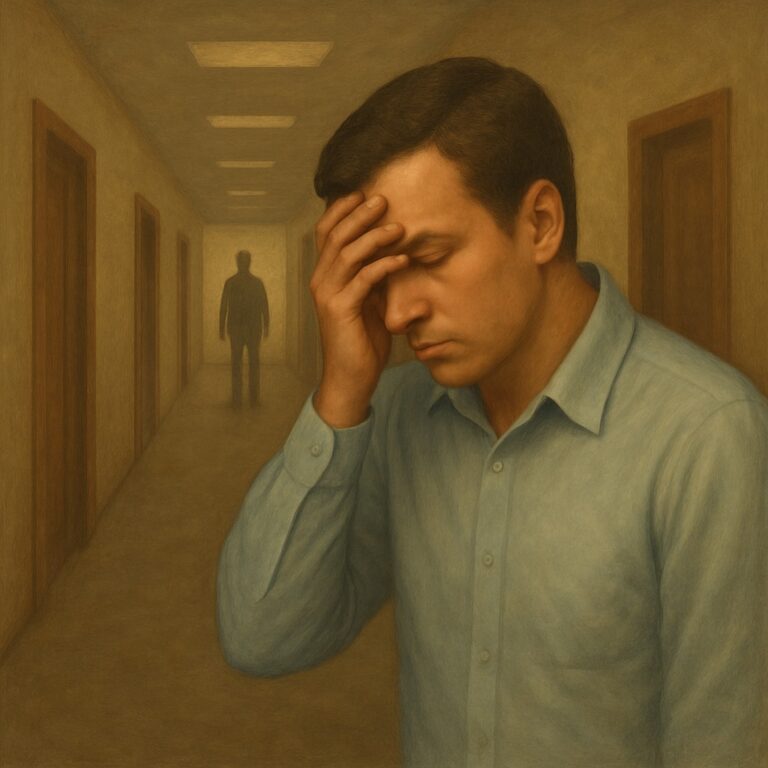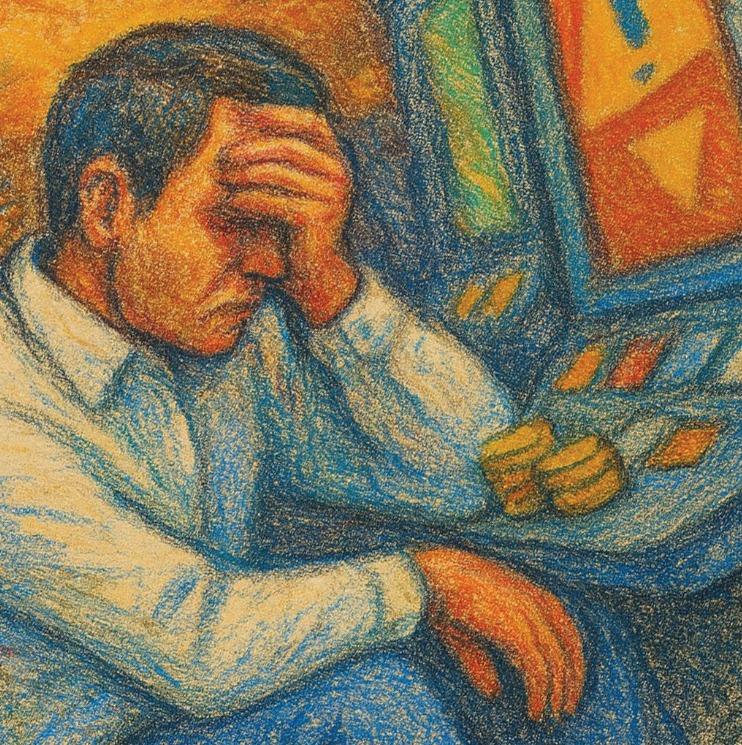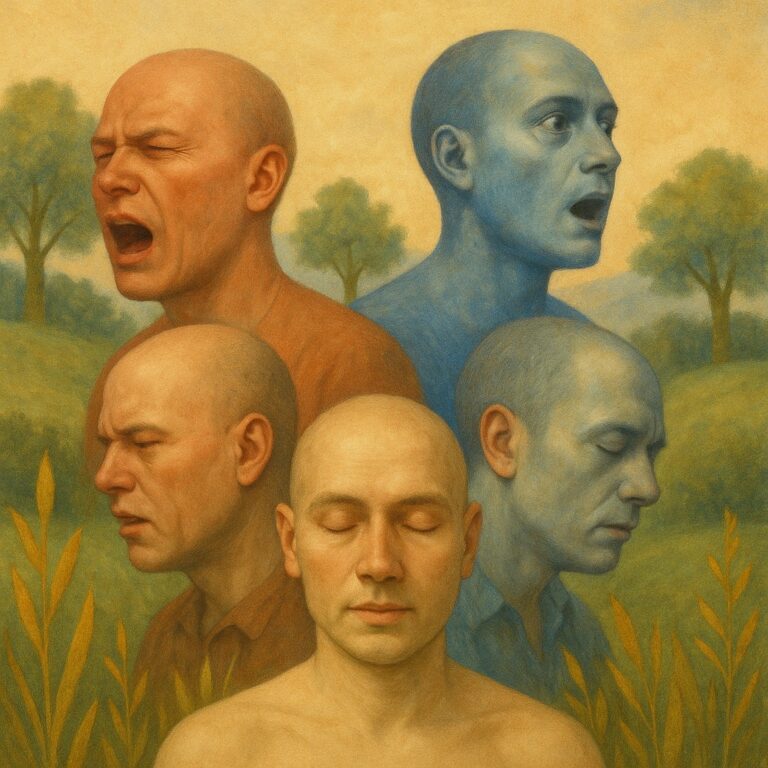If you’re questioning whether you need professional addiction treatment, you’re not alone. A significant survey known as the “Magnitude of Substance Use in India” report (2019) revealed:
- Only about 1 in 20 people with substance use disorders receive treatment
- Nearly 3.1 crore (31 million) Indians reported using cannabis products
- About 2.3 crore (23 million) people use opioids
- Approximately 8.5 lakh (850,000) people inject drugs
In India, the statistics regarding alcohol use disorder and substance abuse paint a concerning picture. According to India’s National Drug Dependence Treatment Centre and All India Institute of Medical Sciences (AIIMS):
- Approximately 160 million Indians (ages 10-75) use alcohol, which is about 17% of the population
- About 5.2% of Indians (around 57 million people) suffer from harmful or dependent alcohol use
- Less than 5% of people with alcohol dependence receive any treatment
- Among alcohol users, 1 in 3 is a dependent user requiring urgent treatment intervention
Understanding the Barriers to Treatment
Many factors can prevent people from seeking the help they need. Understanding these barriers is crucial for overcoming them and getting necessary treatment:
- The cost of rehabilitation is often a primary concern for many individuals. Many people worry about the financial impact of treatment and may not be aware of insurance coverage options or financial assistance programs available to help cover the costs.
- Uncertainty about the treatment process can create significant anxiety and hesitation. People may fear the unknown aspects of rehabilitation, including the length of treatment, the methods used, and what daily life in treatment might look like.
- Undiagnosed mental health conditions can complicate the decision to seek help. Many individuals may be dealing with underlying mental health issues that make it more difficult to recognize their need for treatment or to take steps toward getting help.
- The stigma surrounding addiction and treatment can be a powerful deterrent. Many people worry about how seeking help might affect their relationships, career, or social standing, leading them to avoid getting the treatment they need.
- Denial about the severity or existence of a problem often prevents people from seeking help. This can manifest as minimizing the impact of substance use or convincing oneself that the situation will improve without professional intervention.
While addiction is a chronic and relapsing brain disorder with no definitive cure, both alcohol use disorder and substance use disorder typically respond well to professional treatment. Modern treatment approaches use a comprehensive combination of evidence-based methods:
- Alcoholics Anonymous (AA) and Narcotics Anonymous (NA) represent two of the most widely recognized and successful peer support programs in addiction recovery. These free, community-based organisations operate through regular meetings where individuals share their experiences, strength, and hope with others on the recovery journey.
The foundational approach of both AA and NA centers around the renowned 12 Steps, which guide participants through:
THE TWELVE STEPS OF ALCOHOLICS ANONYMOUS
- We admitted we were powerless over alcohol-that our lives had become unmanageable
- Came to believe that a Power greater than ourselves could restore us to sanity.
- Made a decision to turn our will and our lives over to the care of God as we understood Him.
- Made a searching and fearless moral inventory of ourselves.
- Admitted to God, to ourselves, and to another human being the exact nature of our wrongs.
- Were entirely ready to have God remove all these defects of character.
- Humbly asked Him to remove our shortcomings.
- Made a list of all persons we had harmed, and became willing to make amends to them all.
- Made direct amends to such people wherever possible, except when to do so would injure them or others.
- Continued to take personal inventory and when we were wrong promptly admitted it.
- Sought through prayer and meditation to improve our conscious contact with God as we understood Him, praying only for knowledge of His will for us and the power to carry that out.
- Having had a spiritual awakening as the result of these steps, we tried to carry this message to alcoholics, and to practice these principles in all our affairs.
AA and NA meetings follow specific formats:
- Speaker Meetings: Feature recovery stories from experienced members
- Sharing Meetings: Focus on understanding and working through the 12 steps
- Big Book Study: Main literature of AA
Today, AA and NA meetings can be found in nearly every corner of the world. In fact, there are now more AA meetings worldwide than there are locations of the world’s largest fast-food chain – over 123,000 groups meet regularly. This means that wherever life takes you, support is likely nearby. From small towns to big cities, in person or online, these communities continue to grow, offering hope and companionship to anyone seeking recovery.
What makes these programs special isn’t just their size or reach – it’s the millions of individual stories of transformation, the countless cups of coffee shared between friends in recovery, and the simple truth that no one has to face addiction alone.
- Medication-assisted treatment (MAT) plays a crucial role in managing withdrawal symptoms and cravings during recovery. It stabilises brain chemistry and body functions, allowing patients to focus on their psychological recovery without the distraction of physical withdrawal.
- Psychotherapy, particularly Cognitive Behavioural Therapy (CBT) and Dialectical Behaviour Therapy (DBT), helps patients understand and change harmful thought patterns and behaviours. It provides patients with practical tools and strategies for managing triggers, stress, and emotional challenges in recovery.
- Professional counseling provides ongoing support and guidance throughout the recovery process. Counsellors help patients develop coping mechanisms, address underlying issues, and create effective strategies for maintaining long-term sobriety while rebuilding their lives.
Do I Need Rehab? Take This Self-Assessment
Answer these questions honestly to help evaluate your relationship with alcohol or substances:
- Have you ever decided to stop drinking for a week or so, but only lasted for a couple of days?
- Do you wish people would mind their own business about your drinking– stop telling you what to do?
- Have you ever switched from one kind of drink to another in the hope that this would keep you from getting drunk?
- Have you had to have an eye-opener upon awakening during the past year? Do you need a drink to get started, or to stop shaking?
- Do you envy people who can drink without getting into trouble?
- Have you had problems connected with drinking during the past year? Be honest!
- Has your drinking caused trouble at home?
- Do you ever try to get “extra” drinks at a party because you do not get enough?
- Do you tell yourself you can stop drinking any time you want to, even though you keep getting drunk when you don’t mean to?
- Have you missed days of work or school because of drinking?
- Do you have “blackouts”?
- Have you ever felt that your life would be better if you did not drink?
If you answered “Yes” to 4 or more questions, you may have a significant problem with alcohol or substances. Professional evaluation is strongly recommended.
5 Critical Signs That You Need Rehab
1. Substance Use Dominates Your Time and Thoughts
When substance use becomes central to your daily life, it’s a significant warning sign. Consider whether you:
- Spend excessive time using or thinking about substances
- Neglect personal and professional responsibilities
- Experience decreased engagement in social activities
- Find substance use has become your primary focus
The shift from casual use to addiction often becomes apparent when substance use starts consuming more of your time and mental energy.
2. Financial and Social Problems Are Mounting
Substance abuse can create significant financial strain and social difficulties:
- Experiencing financial stress due to substance costs
- Noticing relationship problems with family and friends
- Facing work-related issues
- Struggling with daily responsibilities
- Encountering legal problems
When addiction begins impacting multiple areas of your life, it’s time to consider professional treatment.
3. Physical and Mental Health Are Deteriorating
Substance abuse can severely impact both physical and mental well-being. According to the National Alliance on Mental Illness (NAMI), in 2020, 17 million adults in the United States received a dual diagnosis – experiencing both addiction and mental health disorders simultaneously.
The impact of substance abuse on physical and mental health can be extensive and requires careful monitoring. Watch for these significant changes:
- New or worsening physical health issues often emerge as substance use continues. These might include cardiovascular problems, liver dysfunction, or respiratory issues that develop or become more severe over time.
- Mental health changes can become increasingly apparent and problematic. Many individuals experience mood swings, personality changes, or difficulty maintaining emotional stability as their substance use progresses.
- Increased anxiety or depression often accompanies substance use disorders. These conditions may have existed before substance use began, or they might develop as a result of the substance use itself.
- Sleep disturbances are common and can significantly impact daily functioning. This might manifest as insomnia, irregular sleep patterns, or excessive sleepiness that interferes with normal activities.
- Unexplained physical symptoms often appear and can be easily dismissed or misattributed to other causes. These might include tremors, sweating, nausea, or chronic pain that doesn’t have another clear medical explanation.
4. Tolerance Levels Are Increasing
Tolerance development is a key diagnostic criterion for addiction. Signs include:
- Needing more of the substance to achieve desired effects
- Developing more intensive patterns of use
- Finding that previous amounts no longer produce the same results
- Using substances more frequently or in larger amounts
When tolerance develops, it often accelerates the progression toward dependence and addiction.
5. Discomfort Without Substance Use
Physical dependence manifests through withdrawal symptoms when you’re not using substances. Signs include:
- Feeling uncomfortable or uneasy when not under the influence
- Experiencing physical withdrawal symptoms
- Using substances to avoid withdrawal
- Needing substances to function normally
- Having intense cravings
Treatment Options Available
Inpatient or residential rehab offers:
- 24/7 clinical and emotional support
- Structured environment away from triggers
- Comprehensive treatment programs
- 30-90 day programs
- Ideal for severe addictions and dual diagnosis
- Medical supervision during detox
Outpatient options include:
- Regular Outpatient Program (OP)
- 2-3 hours of weekly therapy
- Flexible scheduling
- Suitable for mild addictions
- Intensive Outpatient Program (IOP)
- Minimum 12 hours of weekly therapy
- Structured treatment approach
- Balance with daily responsibilities
- Partial Hospitalisation Program (PHP)
- 30+ hours of weekly therapy
- Most intensive outpatient option
- Full-time treatment commitment
All treatment modalities typically include:
- Medication-assisted treatment when appropriate
- Individual counselling
- Group counselling
- Family therapy
- Evidence-based psychotherapy
- Holistic treatment approaches
Taking the Next Step
If you identify with several of these signs, it’s important to take action. Professional treatment significantly increases your chances of successful recovery. Most treatment programs begin with a comprehensive assessment to determine the most appropriate level of care for your situation.
Remember that addiction is a medical condition, not a moral failing. Seeking help is a sign of strength and the first step toward reclaiming your life. Whether you choose inpatient or outpatient treatment, the most important decision is to reach out for professional help.
Recovery is possible with the right support and treatment approach. If you recognize these signs in yourself or a loved one, don’t wait to seek help. Professional treatment programs can provide the structure, support, and tools needed for successful recovery.
Start Your Mental Health Journey with Ganaa Today
Whether you’re seeking help for yourself or a loved one, Ganaa offers evidence-based, compassionate
mental health care that’s rooted in dignity and excellence.
Contact us at +91 8750075006 or visit www.ganaa.in to begin your journey toward mental wellness.
